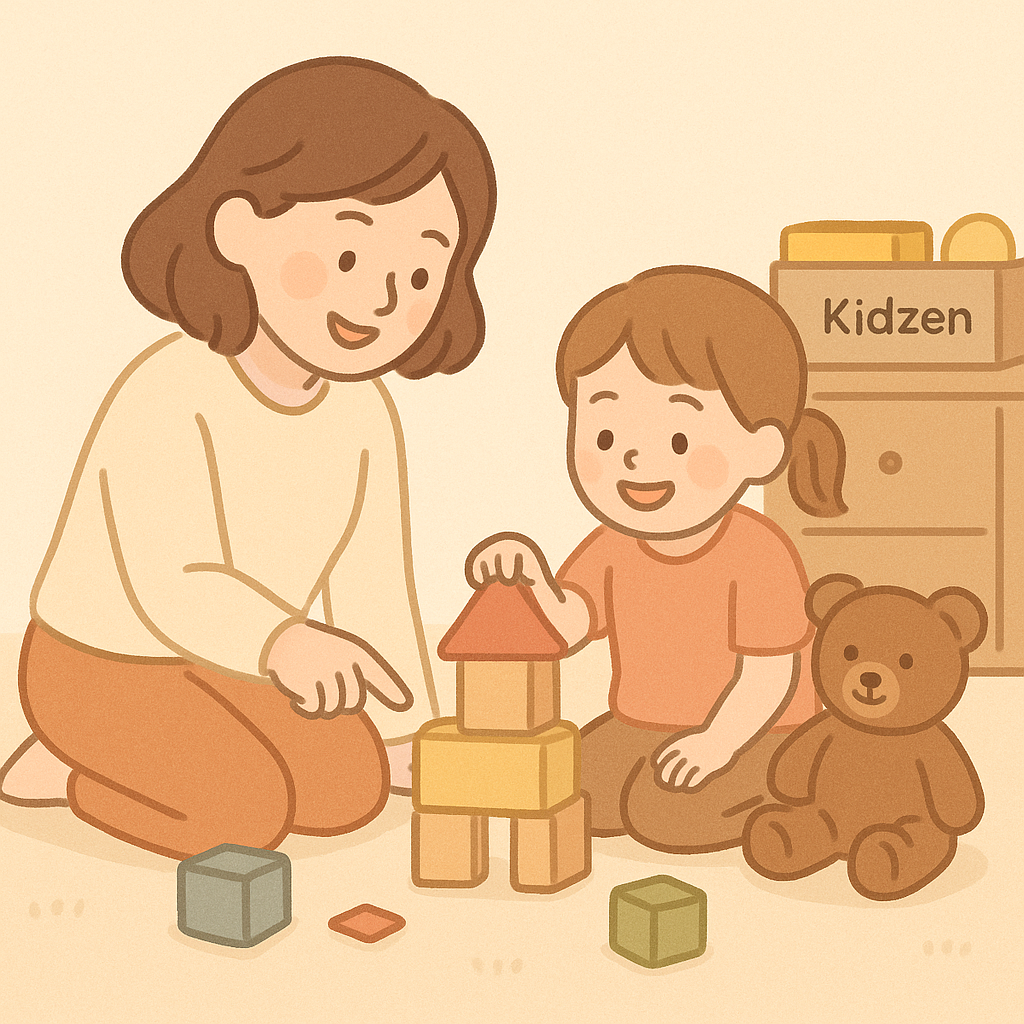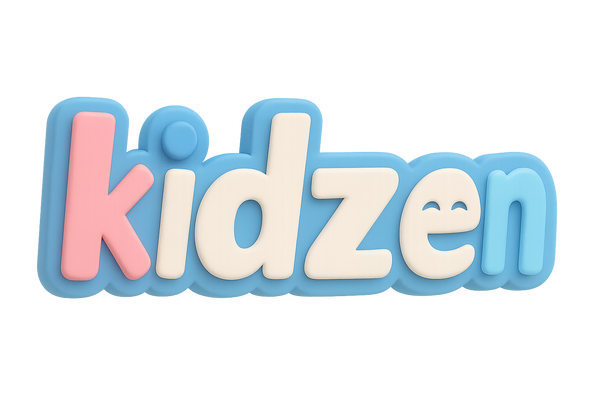
Play Together, Grow Together: Why Parent-Child Play Beats Solo Play
Share
In a world where screens often replace human interaction, the value of parent-child playtime cannot be overstated. While children can certainly benefit from solo play for creativity and independence, playing with a parent offers a unique set of emotional, social, and cognitive advantages that solo play cannot replicate.
👪 Parent-Child Play Strengthens Emotional Bonds
Research shows that shared play experiences are foundational to secure attachment and emotional development. According to a study in Attachment & Human Development (Feldman, 2007), synchronized activities between parent and child—such as play—enhance mutual responsiveness and emotional attunement, laying the groundwork for long-term social competence.
Children who regularly play with their parents are more likely to feel seen, heard, and understood. This emotional safety net becomes the basis for healthy emotional regulation and resilience in later years.
🧠 It Supports Cognitive and Language Development
Parent-child play often involves rich verbal exchanges, storytelling, and interactive problem-solving. A study published in Developmental Psychology (Tamis-LeMonda et al., 2001) found that toddlers whose parents engaged in more responsive play showed significantly faster vocabulary growth and better cognitive development.
In contrast, children playing alone may miss out on these back-and-forth learning moments, especially when it comes to vocabulary building and social reasoning.
🎯 Teaches Social Skills and Cooperation
Through games like building blocks, pretend play, or board games, children learn crucial skills like turn-taking, rule-following, empathy, and conflict resolution. These aren’t just skills for the playground—they’re life skills. According to Ginsburg (2007) in the Pediatrics Journal, parent-guided play teaches children how to negotiate and collaborate more effectively.
😌 Reduces Behavioral Problems
Play with caregivers can even serve as a preventive and therapeutic intervention. Studies have found that children who engage in daily interactive play with their parents exhibit fewer behavioral problems and higher emotional regulation (Landreth & Bratton, 2006).
🛡️ Especially Important in Stressful Times
In times of uncertainty or stress—such as illness, school changes, or family disruptions—interactive play becomes a secure emotional outlet. A warm parent-child play session can help children process their emotions and build resilience.
✅ Conclusion
While solo play fosters imagination, it is the presence of a loving adult during play that gives children the emotional scaffolding they need to thrive. Parent-child play is not just bonding—it’s building a stronger brain, heart, and future.
Put down the phone, pick up the blocks—your child’s development depends on it.
📚 References
-
Feldman, R. (2007). Parent-infant synchrony and the development of empathy. Attachment & Human Development.
-
Tamis-LeMonda, C. S., Bornstein, M. H., & Baumwell, L. (2001). Maternal responsiveness and children's achievement. Developmental Psychology.
-
Ginsburg, K. R. (2007). The importance of play in promoting healthy child development. Pediatrics.
-
Landreth, G. L., & Bratton, S. C. (2006). Child Parent Relationship Therapy (CPRT) Treatment Manual. Routledge.
